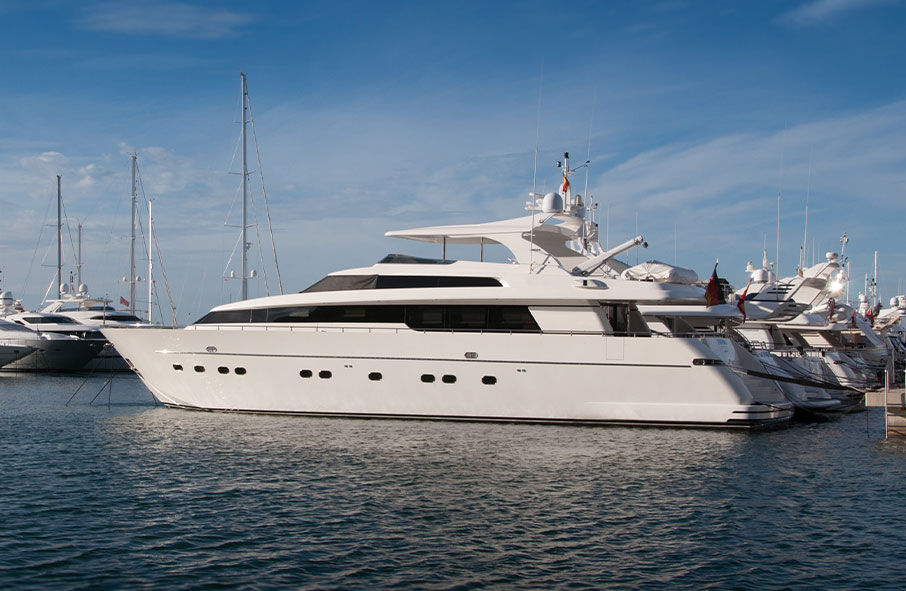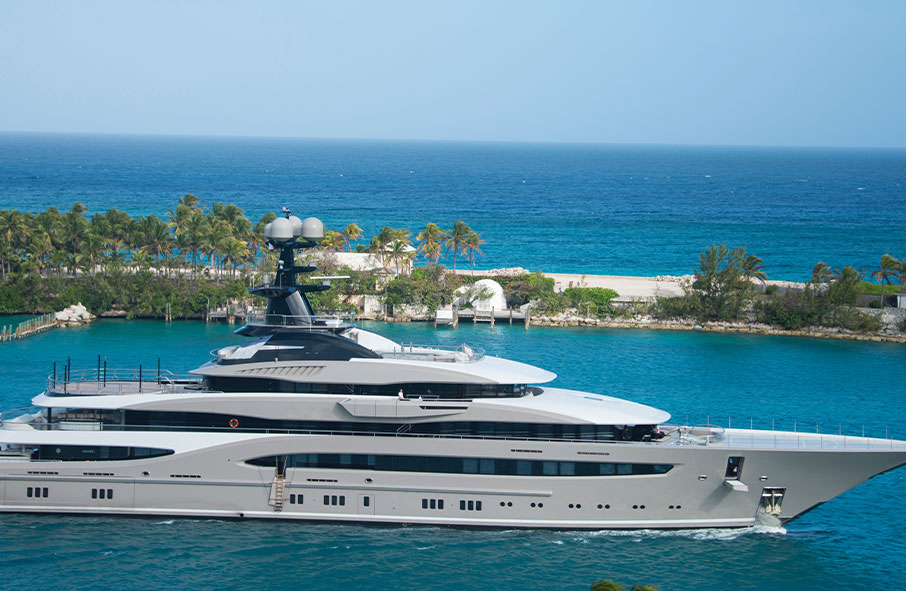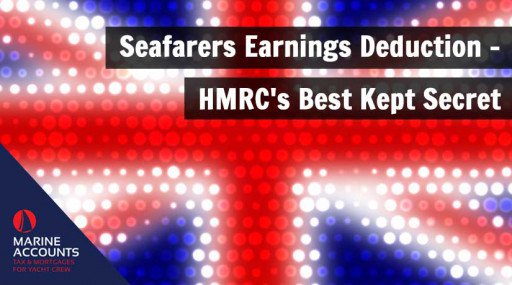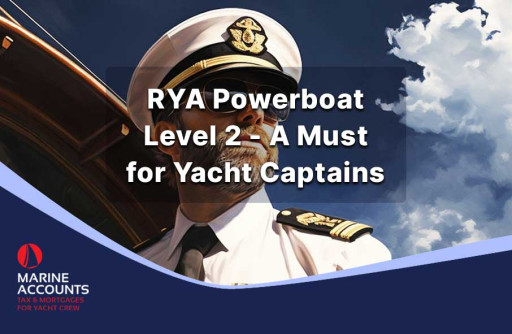For centuries, the world of boats and yachts has captivated the hearts and imaginations of seafarers and sailing enthusiasts alike.
Boats are a familiar sight, but the term "yacht" carries an aura of luxury and grandeur.
But what exactly distinguishes a boat from a yacht?
Is it a matter of size alone, or are there other factors at play?
In this article, we'll explore the legal definitions, key differences between boats, ships, and yachts, and take a glimpse into the world of luxury superyachts and megayachts.
Whether you're a seasoned sailor or simply curious, join us as we navigate the fascinating waters of yachting.
- What is the Legal Definition of a Yacht?
- When Does a Boat Become a Yacht?
- What is the Difference Between a Ship and a Yacht?
- What Are the Benefits of Owning a Yacht?
- Conclusion
- Contact Us
What is the Legal Definition of a Yacht?

The term "yacht" is not universally defined in international maritime law. Instead, the classification depends on size, purpose, and registration, which vary by country.
Broadly speaking, a yacht is a recreational vessel designed primarily for leisure, sport, or cruising. It is often associated with luxury and personal enjoyment rather than commercial activity.
Yachts are typically the vessels of choice for those looking to start a career in yachting or simply enjoy time at sea.
When Does a Boat Become a Yacht?
The difference between a boat and a yacht is not determined solely by size, though length plays an important role.
In essence, the transition from boat to yacht represents a shift from practicality to luxury, from transport to lifestyle.
In the United States, the U.S. Coast Guard defines vessel categories primarily by length, providing a good guideline for understanding when a boat becomes a yacht.
Less than 15 feet
Vessels in this category are generally referred to as small boats. They are used for fishing, water sports, and short recreational trips, focusing more on function than comfort.
15 to 25 feet
In this size range, vessels begin to incorporate more comfort and style, sometimes classified as "small yachts" or tenders. They may include cabins or sleeping quarters, though still modest in scale.
25 to 75 feet
Vessels in this range are widely recognized as yachts. They offer spacious cabins, multiple amenities, and the ability for extended cruising or living aboard. This is where true leisure yachting begins.
75 to 175 feet
At this size, vessels are referred to as "superyachts." They often feature multiple decks, dedicated crew, luxury interiors, and amenities such as pools, dining areas, and entertainment systems.
These vessels typically employ professional crew to manage operations and guest services. Many of the best superyacht jobs are found on vessels of this size.
175 feet and above
These are known as "megayachts" — the ultimate in size, luxury, and exclusivity. They feature multiple decks, helipads, gyms, spas, and everything required for life at sea in absolute comfort.
The line between superyacht and megayacht is not official, but typically megayachts exceed 175 feet and cater to the world’s wealthiest owners.
What is the Difference Between a Ship and a Yacht?

Purpose
Ships are designed primarily for commercial or industrial operations such as transporting goods, carrying passengers, or conducting research. Yachts, on the other hand, are built for leisure, luxury, and recreation.
Size
Ships are larger by design, often hundreds of feet long, and operated by professional crews for specialized missions. Yachts range from smaller, owner-operated vessels to massive superyachts with full-time staff.
Use
Ships serve practical, economic, or defense purposes. Yachts are for relaxation and enjoyment — from weekend cruising to exploring remote destinations in style and comfort.
What Are the Benefits of Owning a Yacht?

Tax Breaks
If you are a UK resident working or owning a yacht that spends significant time outside UK waters, you may qualify for the Seafarers Earnings Deduction (SED). This allows qualifying seafarers to claim full tax relief on their overseas income.
Luxury and Comfort
Yachts represent the height of craftsmanship and comfort. From luxury cabins to gourmet kitchens and entertainment systems, they provide an unmatched on-water experience.
Privacy and Freedom
Owning a yacht means the freedom to travel wherever and whenever you like. Drop anchor in secluded bays, explore hidden islands, and enjoy complete privacy away from crowded destinations.
Social Experiences
Yachts serve as floating venues for family gatherings, holidays, and special occasions. They’re perfect for creating lasting memories, whether sunbathing on deck or dining under the stars.
Access to Exclusive Destinations
Yachts unlock access to private coves, remote beaches, and untouched islands — destinations unreachable by larger ships or land-based travel.
Investment
While primarily a luxury asset, a yacht can also appreciate in value if properly maintained. Certain models and designs become highly sought after, making yacht ownership both enjoyable and potentially rewarding.
Conclusion
The difference between a boat and a yacht is often subjective, shaped by purpose, design, and lifestyle. Yet one thing is certain — yachting represents adventure, elegance, and freedom on the water.
Whether it’s a small sailing yacht or a world-class superyacht, the appeal of life at sea remains timeless.
Contact Us
If you have any questions about yacht ownership or careers in the maritime industry, get in touch with us today or leave a comment below.
Disclaimer: Any advice in this publication is not intended or written by Marine Accounts to be used by a client or entity for the purpose of (i) avoiding penalties that may be imposed on any taxpayer or (ii) promoting, marketing or recommending to another party matters herein.








